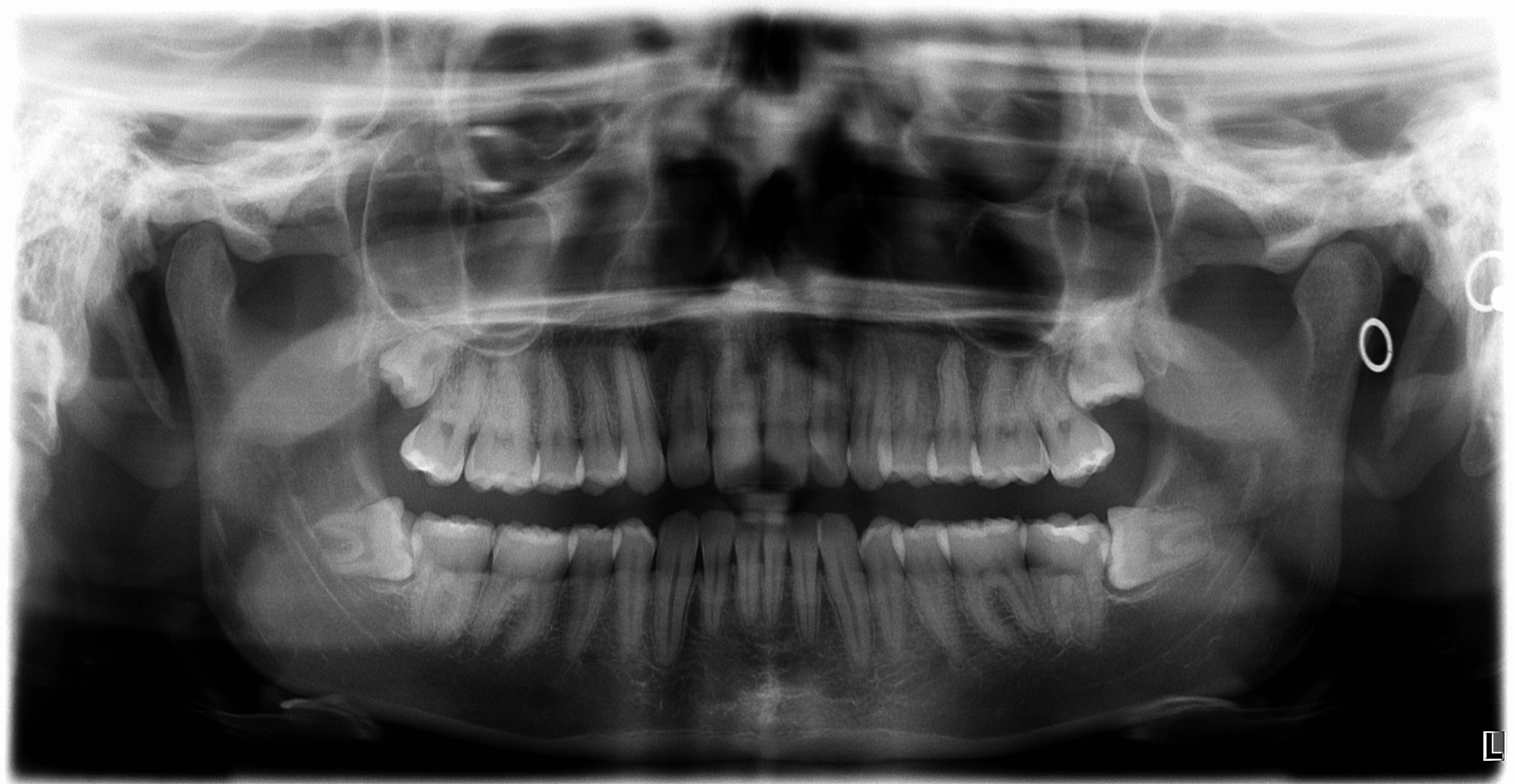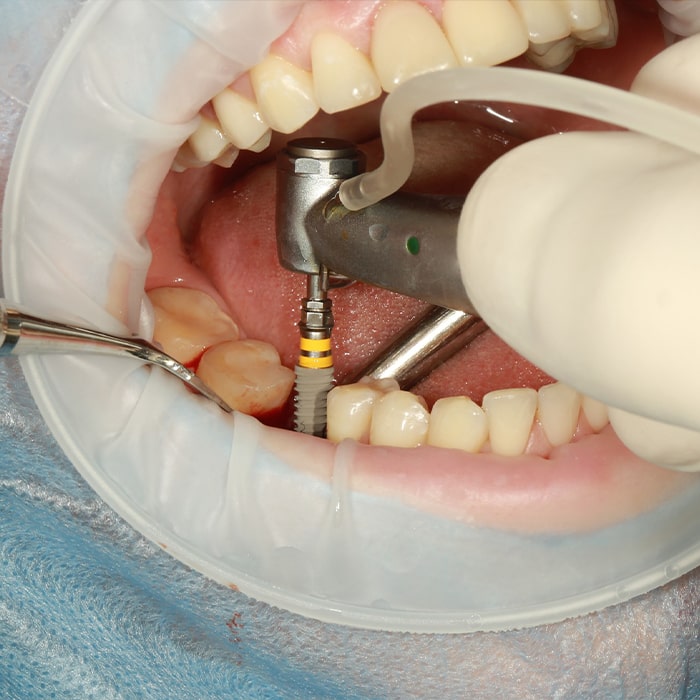Exploring Various Sedation Options for a Comfy Wisdom Teeth Removal Experience
The usage of sedation during such treatments has actually ended up being progressively common to reduce anxiety and pain. With an array of sedation alternatives available, from regional anesthetic to general anesthetic, each approach uses varying levels of leisure and pain control.
Neighborhood Anesthesia
Neighborhood anesthesia is a frequently utilized approach for numbing specific areas of the mouth during wisdom teeth removal treatments. By providing a local anesthetic, such as lidocaine, a dental professional can guarantee that the person remains pain-free and comfortable throughout the extraction process.
One of the main advantages of neighborhood anesthetic is its targeted numbing result, which suggests that only the certain location being dealt with is influenced. This localized technique lessens the threat of systemic adverse effects and enables a quicker recuperation post-procedure. Additionally, local anesthetic is thought about to be a risk-free and routine technique in dentistry, with very little risks entailed when provided by an experienced professional.
Laughing Gas
Nitrous oxide, generally called giggling gas, is a kind of sedation usually used in dentistry to aid people unwind throughout dental treatments. It is a risk-free and efficient technique that includes inhaling a mix of nitrous oxide and oxygen through a mask placed over the nose. Among the key advantages of nitrous oxide is its quick start of activity, normally within minutes, supplying virtually immediate leisure for the individual. This sedation alternative permits the patient to stay mindful and responsive throughout the procedure while really feeling secure and comfy.
In addition, laughing gas is known for its rapid recuperation time. Once the mask is gotten rid of, the effects of the gas disappear swiftly, enabling individuals to resume their normal activities without remaining sedative results. This makes nitrous oxide a practical selection for those who require to drive themselves home after the oral appointment. Nitrous oxide is appropriate for individuals of all ages, making it a versatile sedation choice for knowledge teeth extractions and various other dental procedures.
Dental Sedation
Dental sedation, a pharmacological method used in dental care, involves the management of sedative medications by mouth to induce a relaxed state during oral procedures. This kind of sedation is generally utilized for individuals undergoing knowledge teeth extraction to alleviate anxiety and pain. The medicines recommended for dental sedation belong to a class of medications called benzodiazepines, which have sedative, anxiolytic, and amnesic properties. Typically, the person takes the suggested medicine before the treatment, permitting ample time for the sedative effects to hold.
Unlike intravenous sedation, oral sedation does not call for injections or needles, making it a much more comfy alternative for individuals with a worry of needles. Additionally, oral sedation is considered risk-free and reliable when provided by experienced dental professionals.
IV Sedation
Provided intravenously by qualified doctor, IV sedation is a powerful method used to induce a that site controlled state of deep leisure and unfamiliarity throughout dental treatments. Unlike oral sedation, which can be unpredictable in its impacts, IV sedation permits specific control over the degree of sedation, making it a perfect option for complicated procedures like wisdom teeth removals.
During IV sedation, a sedative medication is provided directly right into the bloodstream through a vein, allowing it to take effect swiftly and successfully. This approach makes certain that the patient stays comfortable and unaware of the procedure while still maintaining vital features such as breathing and heart rate.
One of the main benefits of IV sedation is its ability to give a deeper level of sedation contrasted to various other methods, making it specifically appropriate for patients with high degrees of anxiousness or those undertaking extensive oral work (wisdom teeth removal aspendale). Additionally, the effects of IV sedation normally diminish slowly after the procedure, minimizing the chance of grogginess or sticking around side impacts. In general, IV sedation supplies a effective and secure choice for ensuring a comfortable and trouble-free experience during knowledge teeth extraction

General Anesthesia
Having reviewed the advantages of IV sedation for wisdom teeth extraction, the utilization of general anesthetic gives a different option for individuals requiring a much deeper level of unconsciousness throughout oral treatments. General anesthesia generates a regulated state of unfamiliarity, guaranteeing the person feels no pain or discomfort during the removal procedure. This technique is especially useful for individuals with extreme dental anxiousness, facility surgical needs, or those undertaking numerous extractions simultaneously.
General anesthetic is carried out by an experienced anesthesiologist that very closely keeps track of the individual's important indicators throughout the procedure. It includes the use of intravenous medicines or inhaled gases to generate a state of unconsciousness. While under basic anesthetic, the client will certainly not be aware of the surgical procedure, experience any kind of discomfort, or have any kind of recollection of the procedure afterward.
Although general anesthesia is safe when carried out by certified specialists, it brings a somewhat higher danger compared to other sedation options - find wisdom teeth removal aspendale. Clients considering general anesthetic for knowledge teeth removal must talk about the potential dangers and advantages with their dental practitioner or dental surgeon to make an informed decision based on their individual requirements and medical history

Verdict
To conclude, numerous sedation alternatives are offered to ensure a comfy knowledge teeth extraction experience. Local anesthetic is generally made use of for numbing the certain area, while nitrous oxide supplies relaxation and discomfort alleviation. Oral sedation and IV sedation deal much deeper levels of relaxation, relying on the person's demands. General anesthetic can be used for much more complex instances. It is necessary to seek advice from your dental practitioner or dental specialist to figure out one of the most appropriate sedation option for your treatment.
Nitrous oxide is appropriate for patients of visit this page all ages, making it a flexible sedation choice for wisdom teeth removals and various other dental procedures.
